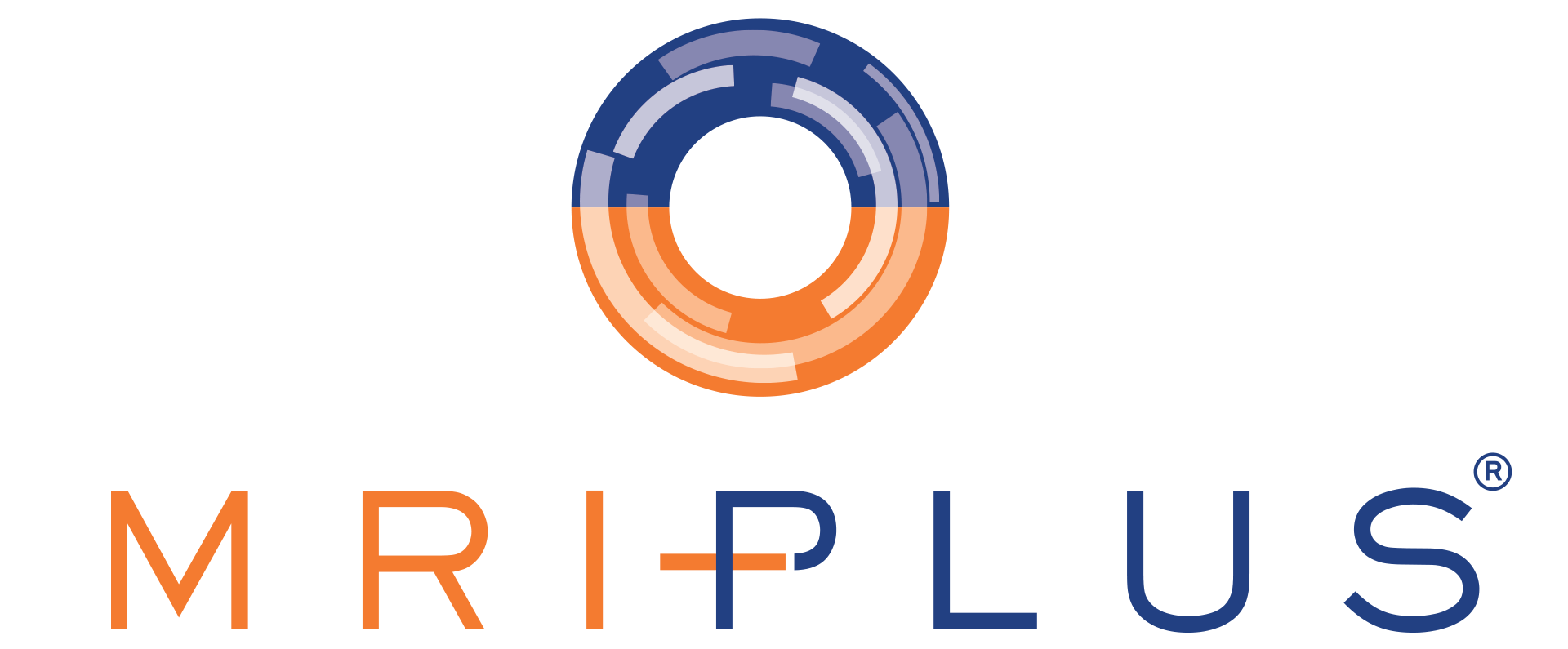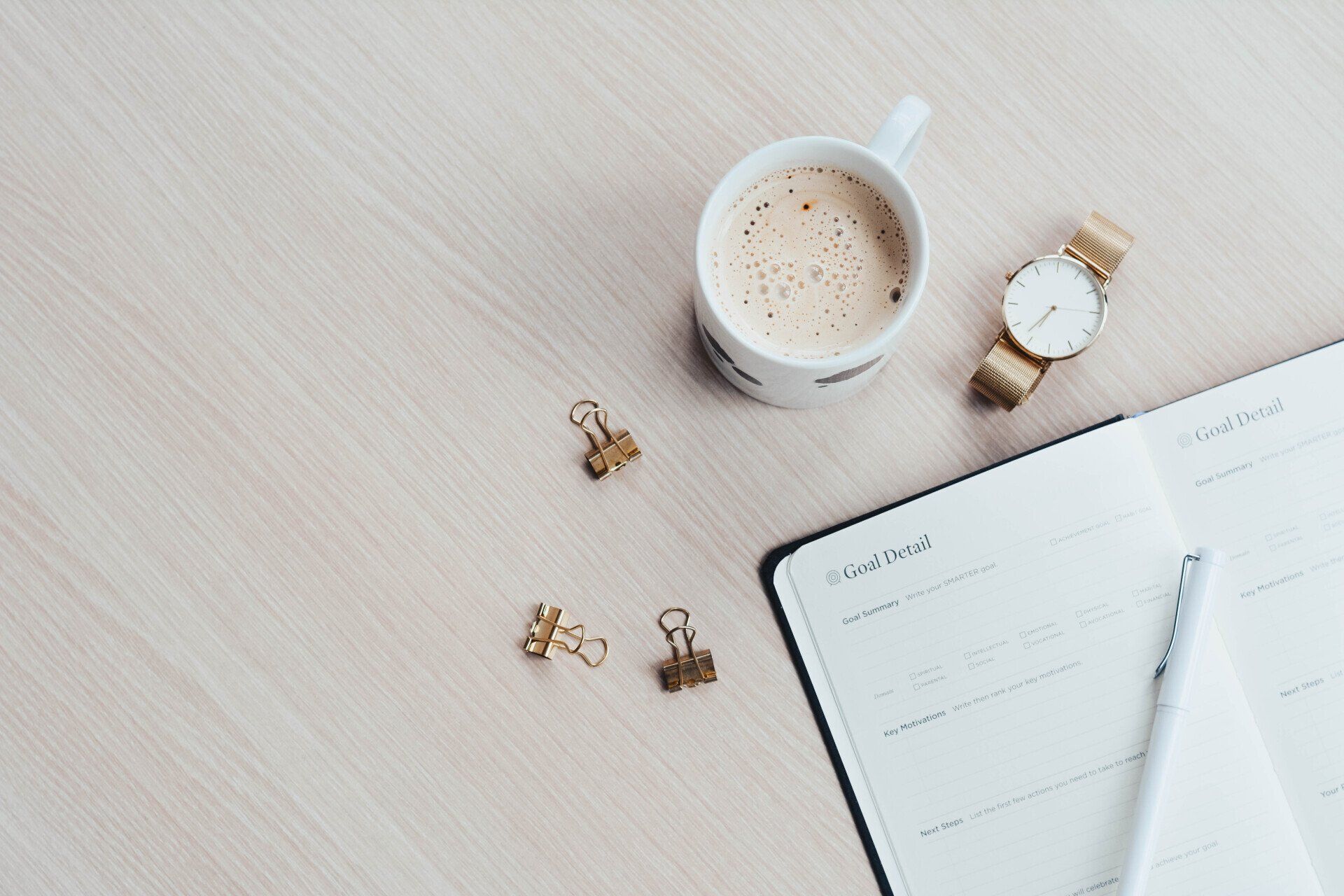Ways to manage back pain
February 28, 2023
Are you experiencing daily back pain?
If you are living with newly onset or recurring back pain, you might be finding everyday tasks uncomfortable or experiencing pain when you least expect it.
The good news it that there are many ways to manage your back pain, so you can get back to doing the things you love.
Ways to manage your back pain
We have listed a selection of ideas to manage your back pain, from being in the comfort of your own home, to lifestyle changes and even allied healthcare professionals who can offer further assistance and guidance.
Exercise
Regular exercise, such as walking, swimming, or cycling, can help to strengthen the muscles that support the back, reduce inflammation, and improve flexibility.
If you are in considerable pain or have limited mobility, low-impact exercise such as walking can help to reduce pain and stiffness.
Stretching
Gentle exercises such as yoga, stretching, and low-impact aerobics can help relieve back pain, reduce muscle tightness and improve your range of motion.
Heat therapy
Applying heat to the affected area can help relieve pain, relax tight muscles and reduce muscle spasms.
Heat options include hot water bottles, heat pads, microwaveable wheat packs or soaking in a hot
bath.
Cold therapy
Applying cold to the affected area can help reduce inflammation and numb the pain.
Good options include using an ice pack, a cold compress, or anything else you can find in your freezer.
Lifting and handling
When lifting or carrying heavy objects, use your legs and not your back, and keep the load close to your body.
Posture
Maintaining good posture while sitting, standing, and sleeping can help to reduce stress on the back and prevent pain.
Weight management
Being overweight can put additional stress on your back, so maintain a healthy weight can help to reduce stress on the back and prevent pain.
Stress management
Stress management techniques such as yoga, meditation, and deep breathing can help to reduce stress and tension, which can contribute to back pain.
Medication
Over-the-counter pain relievers, such as ibuprofen, can help to reduce pain and can be taken orally or applied as a topical gel.
If you seek medical advice, you may be prescribed stronger medication.
Transcutaneous electrical nerve stimulation (TENS)
TENS involves the use of a device that delivers low-voltage electrical currents to the skin to relieve pain.
Physiotherapy
A physiotherapist can teach you a range of exercises to help relieve back pain and improve strength, flexibility, and range of motion in your back.
Massage
Massage therapy can help to relax tight muscles and improve circulation in the back, which can reduce pain.
Chiropody
Chiropractic adjustments can help align the spine, relieve pressure on the nerves, improve mobility and alleviate back pain.
Acupuncture
Acupuncture is an ancient Chinese medical treatment that involves the insertion of fine needles into specific points on the body to alleviate pain and improve overall well-being.
If your back pain doesn't improve
If your back pain doesn’t improve within a few weeks, it’s always best to seek medical advice. A healthcare professional, such as your GP, can evaluate your symptoms and recommend appropriate diagnostic tests and treatment options.









